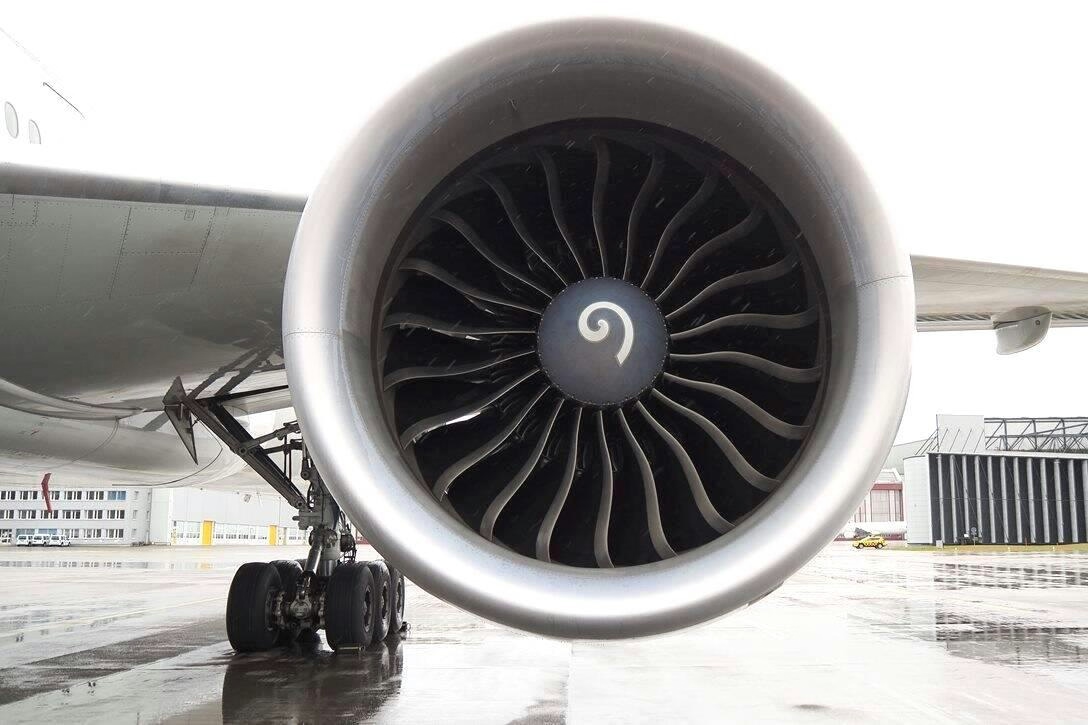AeroGenie — Your Intelligent Copilot.
Trending
Categories
UK Allocates £63 Million to Boost Sustainable Aviation Fuel Use

UK Allocates £63 Million to Boost Sustainable Aviation Fuel Use
The UK government has committed £63 million to accelerate the production of sustainable aviation fuel (SAF), supporting 17 British companies in their efforts to advance green aviation technologies. Announced by Aviation Minister Mike Kane, this investment is expected to safeguard approximately 1,400 jobs and strengthen the UK’s position as a global leader in sustainable aviation.
This funding forms part of the Advanced Fuels Fund (AFF), bringing total government support for cleaner aviation technologies to £198 million. The initiative aligns with a broader strategy to develop a clean aviation ecosystem, modernize airport infrastructure, and stimulate economic growth, all while advancing the UK’s ambition to become a clean energy superpower.
Economic and Industry Implications
Sustainable aviation fuel production is projected to contribute up to £5 billion to the UK economy by 2050, establishing the country as a hub for low-carbon fuel innovation. The recent funding round has attracted significant interest from airlines and airports, with Manchester Airport receiving £4.5 million to enhance domestic SAF production capabilities. Minister Kane emphasized the dual benefits of this investment, stating that it not only supports British innovation but also creates thousands of high-skilled jobs, positioning the UK at the forefront of the global sustainable aviation market.
Despite these promising developments, the sector faces considerable challenges, including scaling up production, securing reliable supply chains, and achieving cost competitiveness. As the UK intensifies its efforts, international competitors such as China are rapidly advancing their biofuel initiatives, while European stakeholders advocate for increased support to stimulate SAF production across the continent.
Advancing Cleaner Flights and Net Zero Objectives
Sustainable aviation fuel offers a substantial reduction in greenhouse gas emissions—up to 70% over its lifecycle compared to conventional jet fuel—making it a critical technology for the UK’s net zero aviation targets. The forthcoming SAF Bill is anticipated to provide the policy certainty necessary to attract further investment, expand the sector, and deliver significant carbon savings.
The global transition towards electrification and renewable energy sources is accelerating SAF adoption, with policy frameworks increasingly emphasizing secure, low-carbon energy solutions for the aviation industry.
Key Projects and Regional Contributions
The funding announcement took place at the University of Sheffield’s Energy Innovation Centre, which received £1.5 million to support its advanced SAF research. Professor Mohamed Pourkashanian, Managing Director of the Centre, highlighted the university’s pivotal role in driving innovation and assisting industry efforts to reduce emissions. He noted that Sheffield houses some of the most advanced SAF research facilities in Europe and is committed to collaborating with partners to develop next-generation clean energy technologies.
Among the AFF recipients are OXCCU Tech, which is developing a demonstration plant at Oxford Airport, and LanzaJet, which is constructing a commercial-scale facility in Teesside. These projects exemplify the nationwide commitment to establishing the UK as a leader in sustainable aviation fuel, despite ongoing challenges related to scaling production and global competition.
Through this investment, the UK aims to enhance energy independence, create green jobs, and promote cleaner flights—essential steps toward achieving both economic growth and environmental sustainability.

Emirates Unveils Cabin Design for New Boeing 777X

Eighteen Years On, the Airbus A380 Remains Central to a $34 Billion Airline

How a boom in luxury airline seats is slowing down jet deliveries

Navitaire Outage Attributed to Planned Maintenance

DigiYatra Debuts Outside Aviation at India AI Impact Summit

Vietnam Orders Strengthen Boeing’s Commercial Outlook

Airbus Signals Uncertainty Over Future A400M Orders

JobsOhio Awards $2 Million Grant to Hartzell Propeller for Innovation Center

Collins Aerospace Tests Sidekick Autonomy Software on YFQ-42A for U.S. Air Force CCA Program

How the Airbus A350-1000 Compares to the Boeing 777
